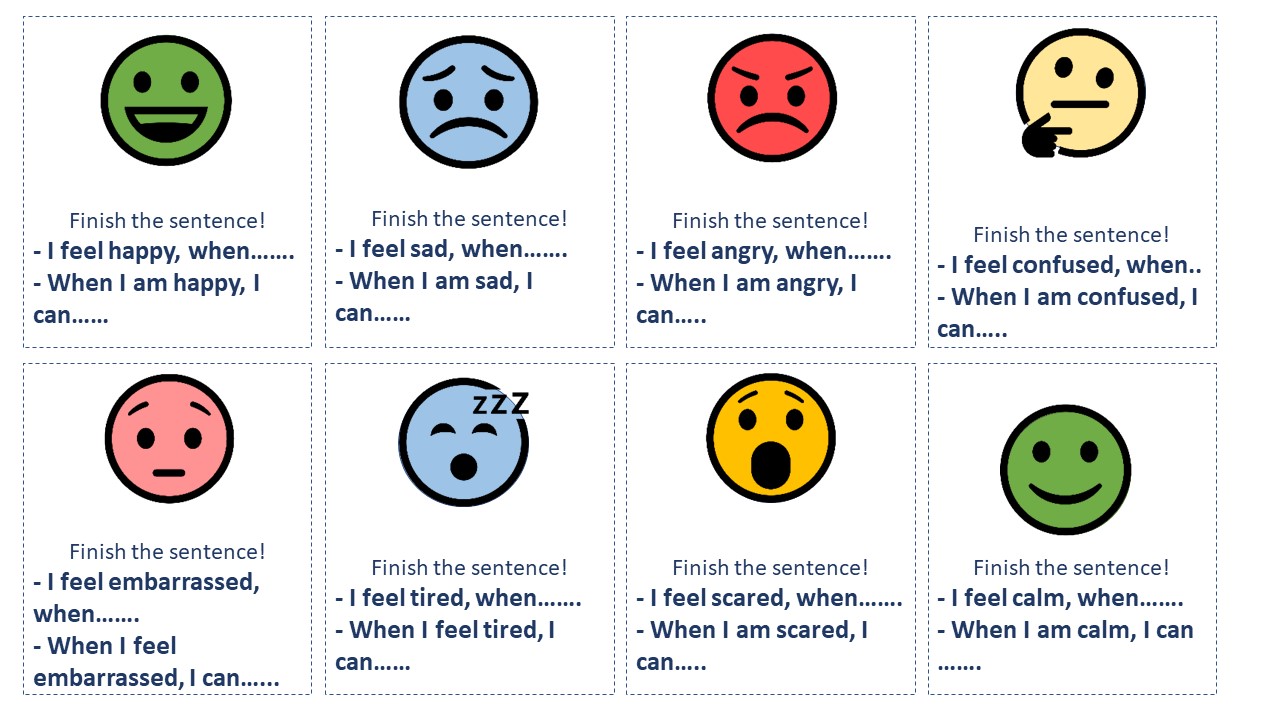The Path to Emotive Mastery: Steps to Strengthening Yourself

Within today's rapidly changing world, the ability to manage emotions has become an important skill that impacts all areas of our lives. Whether it’s in our professional relationships to personal interactions, the ability to control our emotions can influence the quality of our experiences and the effectiveness of our decisions. Rather than allowing feelings to dictate our actions, gaining control over emotional regulation empowers us to respond thoughtfully instead of react impulsively. This journey to emotional control is not just about holding back feelings, but about comprehending and handling them in a healthy and positive way.
Be it navigating a difficult conversation, managing stress at work, or working to improve your mental health, emotional control holds a significant role in your success. By recognizing emotional triggers and employing practical strategies such as mindfulness practices and breathing techniques, you can cultivate resilience and maintain composure even in the toughest situations. Throughout this article, we will explore established methods to enhance your emotional control, emphasizing its importance in fostering healthy relationships, making better decisions, and ultimately leading a more fulfilling life.
Effective Strategies for Emotional Control
Emotional control is vital for living a harmonious lifestyle, and there are proven approaches to aid develop this capability. One of the top methods is practicing mindfulness. This practice encourages individuals to center around the present moment, releasing external thoughts and negative thoughts. Practices such as mindful meditation and deep breathing exercises can boost emotional regulation by building self-awareness and promoting a sense of calm. This heightened mindfulness can help you recognize emotional triggers more quickly and address them in a calm way.
Another critical strategy is enhancing awareness of your emotions. Understanding your feelings and recognizing how they affect your behavior is crucial to managing your emotions. Maintain a journal to record your feelings and responses in different circumstances. This habit can help you spot trends in your reactions and identify situations where you may struggle to stay composed. By achieving understanding into your emotional landscape, you can create personalized approaches to handle your reactions effectively.
Finally, developing emotional resilience through purposeful efforts can have a lasting impact on emotional regulation. Engaging in ongoing exercises that challenge your ability to maintain composure, such as role-playing difficult conversations or applying breathing exercises in stressful scenarios, can prepare your brain to manage emotions more effectively. In addition, maintaining a balanced lifestyle by prioritizing rest and healthy eating plays a significant role in emotional stability. By implementing these techniques, you can empower yourself to take charge of your feelings and enhance your overall health.
The Study of Emotional Regulation
Emotional control is a sophisticated cognitive process that involves the ability to manage and react to affective experiences effectively. Research in this area has shown that affective regulation is not solely about stifling emotions but rather comprehending and directing them in a way that is beneficial. The brain plays a critical role in this process, particularly regions such as the frontal lobe, which is responsible for higher-order thinking and decision-making. This region helps us assess emotions and select appropriate responses rather than responding on impulse.
Investigations have demonstrated that individuals who practice effective emotion control techniques often experience improved psychological health outcomes. For example, those who can recognize and articulate their emotions are often less prone to anxiety and depression. The Science of Emotion Regulation also highlights the significance of self-awareness and mindfulness as essential skills. By being in tune with our feelings, we can identify our stimuli and create healthier coping strategies, leading to increased affective resilience over time.

Additionally, the effect of affective control extends beyond personal health; it influences interpersonal dynamics and workplace environments. Individuals who can regulate their emotions effectively often find it simpler to navigate disagreements, communicate clearly, and build strong relationships with others. This regulation is also linked to decision-making skills, where a composed and controlled affective condition leads to more rational choices, consequently enhancing individual and professional success. The academic knowledge of emotion regulation underscores its value across various aspects of existence, affirming that emotional control is indeed a crucial skills for personal growth.
Effect of Affective Control on Daily Life
Emotional control plays a crucial role in how we manage our everyday interactions and events. When individuals control their emotions well, they can react to obstacles and sources of stress with clear-headedness and calmness. This capacity fosters improved communication and more robust relationships, as people are less likely to respond without thought or allow negative emotions to dictate their behavior. As a outcome, emotional control enhances our social interactions, enabling us to engage with others on a deeper level.
In work environments, emotional control is essential for efficient leadership and decision-making. Leaders who show emotional regulation can inspire and uplift their teams, establishing a constructive work environment. Furthermore, staying calm under pressure allows individuals to analyze situations and make thoughtful choices, particularly during critical situations. https://peterashbysmith.com/how-to-reduce-emotional-reactivity-with-stoic-wisdom-and-modern-insight/ but also adds to overall productivity and job satisfaction.
Furthermore, emotional control greatly impacts mental and physical health. Individuals who manage their emotions are typically to experience reduced levels of stress and anxiety, facilitating emotional well-being. This, in turn, can lead to better lifestyle choices, such as better sleep patterns and dietary habits. Overall, the ability to manage emotions is foundational for cultivating resilience, maintaining relationships, and leading a fulfilling life.
